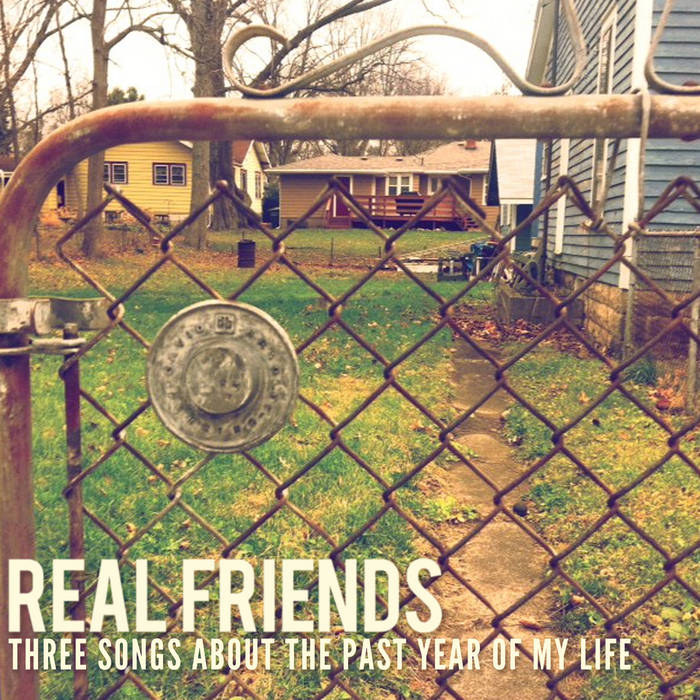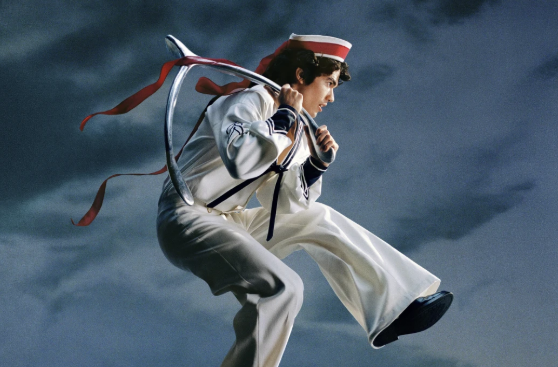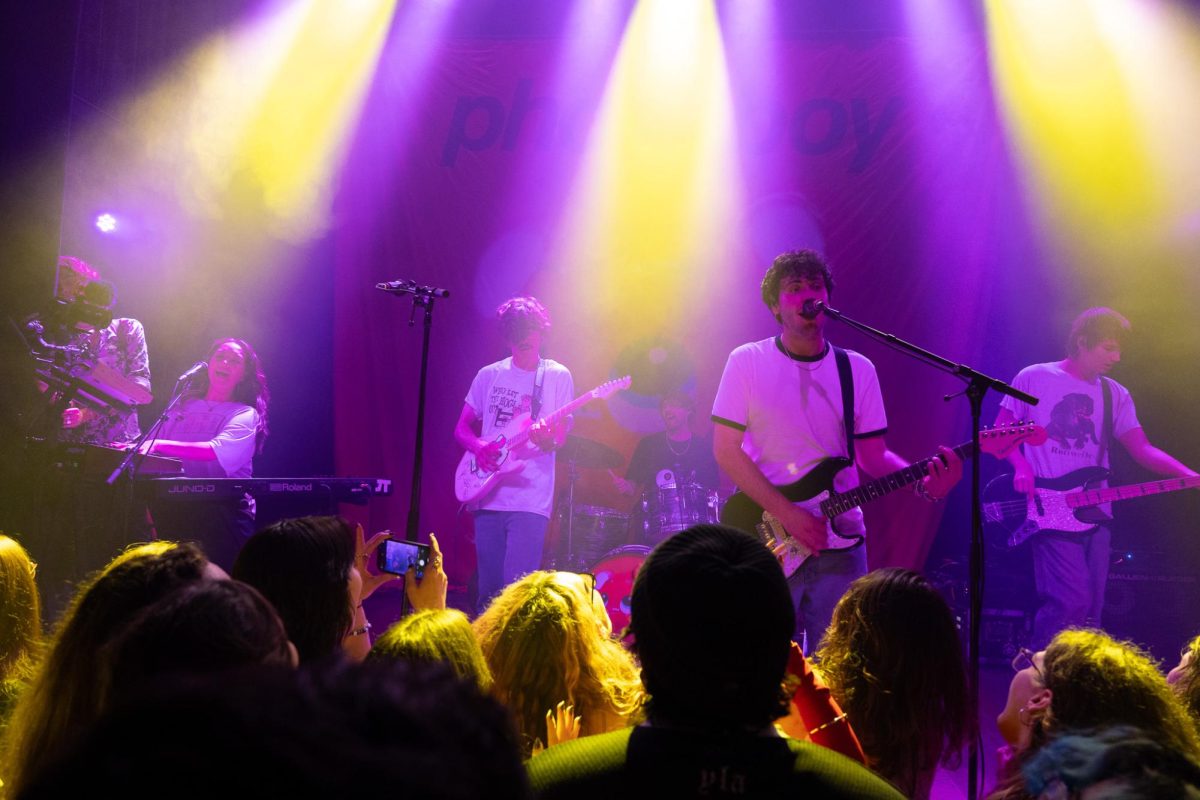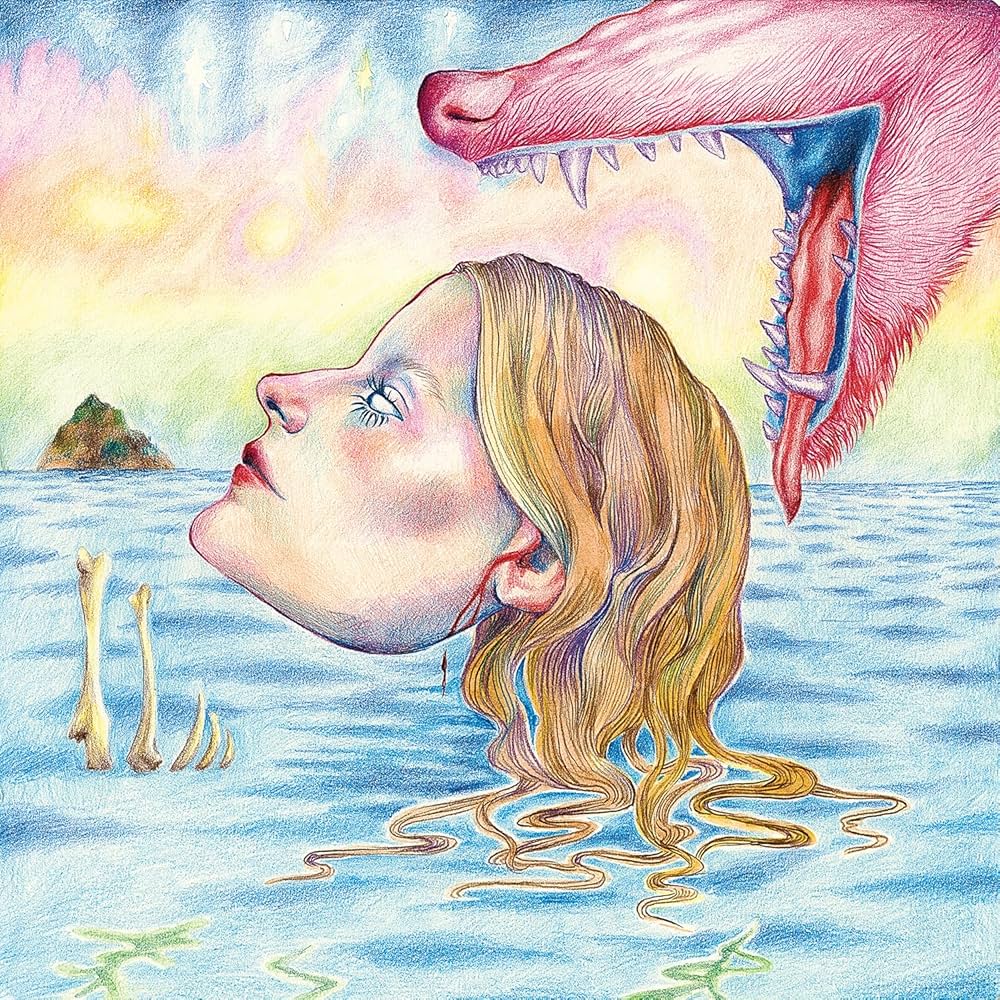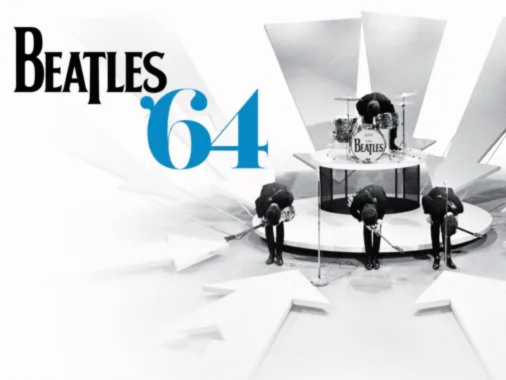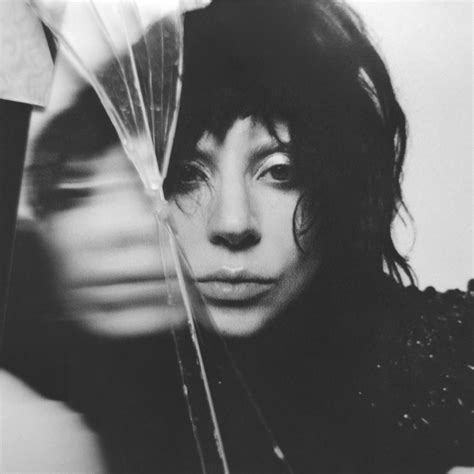It’s human nature to take whatever came easy for granted.
Upon reflection, being able to write about the music scene which is a foundational part of my approach to most of my creative ambitions is an opportunity I cherish. Due to this position, I am able to attend shows, write about my favorite artists, interview some of my favorite local artists for an upcoming emo/pop punk/hardcore podcast, and solidify branding to review more albums while still working full-time as a student, music journalist, full-time animator and illustrator. I am grateful. That being said, stress has settled where ambition once was, and I find myself weeding out an obtrusive leech-like organism in my life. I am left with my ambitions, running on empty to remove anything that is in the way of my dreams/goals. I am only human and I am beginning to realize my limitations. That being said, writing on a regular basis about one of the things that makes my week bearable, has become the thing that keeps me going. I do it out of love, but as NOFX’s Fat Mike puts it, “We are paid to do, what someone else would otherwise be willing to do on their weekends for free.” This isn’t my return or my commitment to continue writing, but me holding myself accountable, and in this longwinded prologue; my values align with one of my favorite artist’s EPs.
“Three Songs About The Past Year of My Life EP” is the fourth EP by the Chicago suburb, pop punk emo band, Real Friends. Digitally and independently released on Nov. 13, 2012, it came amid the 2010 pop-punk revival and the digital DIY scene. For this case, I am going out of order, out of a desire to review a release that I personally could relate to as well as would allow me to really lean into some analysis and given that I just saw Real Friends at Sad Summer Fest last week and I am full of nostalgia.
Three primary forces propel the EP into the energetic, emotional and near-academic unraveling of emotive resolution that is the EP; bassist Kyle Fasel’s Poetic prose approach to songwriting, Dan Lambton’s vocal contribution, and Brian Blake and Dave Knox’s synergetic instrumentals. Where normally a release after a successful EP, like “Everyone That Dragged You Hear” would suffer from the atrophy of constant touring and exhibit utter exhaustion, Real Friends exhibits equal parts work ethic, pivoting into this release as both a check-in for fans anda means to map out what would be their biggest release at the time for the band. That’s for another time.
“Dirty Water” instantly begins the three-track check-in by the Illinois, pop punk quintet. Fasel’s Poetic approach to songwriting is a staple of not just the lyrical presence of Real Friends; but the band’s trademark sound. The song is emotively relative and one of my favorites because of the melodic hooks and Fasel’s use of metaphor, using the title as what remains in regards to the subject’s personality, identifying that what is ugly about a person cannot be superficially tended to. Knox’s guitars are relentless, motoring and propelling the track from verse to chorus. Though rhythmic, there are multiple layered melodies that are well rooted and reminiscent of the early 2000s and late 90s punk sound that display not just the level of talent of Real Friends, but the influences they pull from.
Fasel’s lyrics and Lambton’s vocals once again align, creating a wonderful experience, mimetic of how discovering the true nature of someone can cause anger, especially when someone makes the decision to open up to them.
“Herbon” is a brilliant disruption and departure track. Couched in the narrative of a love once gained now lost, it slowly brings to life a relative story. The track is driven by Knox and Lambton sharing the spotlight; Lambton’s isolated, hall-like vocals reminiscent of talking in the hall with your friends explaining the situation and Knox’s discombobulated off-beat guitars that ultimately catch up with Lambton. To best describe, it would otherwise be considered spoken word had Lambton not been singing, and Fasel himself was putting out spoken word singles of his poetry. So the track itself makes sense given his other creative endeavors.
“Alexander Supertramp” is the finale track of the “three-track, check-in” and beautifully serves as a literary nod to Christopher McCandless, who penned a biography, later expanded by author Jon Krakauer and titled “Into The Wild.” The book is McCandless’ posthumous biography of making the conscious decision to burn all the money in his wallet and live off the land in Alaska. The book is commonly romanticized and has been turned into a film, but in this context, Fasel’s lyrics are paired with a heavy punk-rock-esque rhythm and turn into a back-and-forth conversation. The track’s narrative is reflective of the past two tracks’ themes and in turn shows a desire to give up on relationships with humanity.
The book’s narrative is used to ground Fasel’s contrast, best highlighted in the verse, “You’ll sleep with regret and no heart left in your chest/I don’t want to end up like you/Your eyes are set on what you’ll never have/There’s days I feel like a different person/But I always come back to who I really am/The American dream is dead, I’m still just a kid/balancing on the sidewalks of this suburban town.”
While Lambton screams the melody, Fasel acknowledges McCandless’ endpoint, dead after only 113 days, and unwilling to accept help from those who love him. Thematically morose and enveloped in an angsty, angry melody, the song’s angst is against the doubt, the inability to trust, and the emotional volatility of finding the ability to develop a support system catered to who we need. At the end of the track, Fasel’s narrative changes, to love and trust over falling into the plausible pitfalls, against everything and all the betrayal thematically tied to the EP.
The EP is a desire for change and a plea turned art to trust in one’s ability to not only dictate the relationships in their life, but to understand the fluidity of doing so. While relative and fast at points, it is mimetic in its structure, slowing to a near stop in order to learn not just the lessons necessary in life, but the importance of what is happening and what we need to live out our dreams. Luckily, Fasel and Real Friends do so by playing music and make the very art that is necessary and posit the very message they themselves thrive off of. The art does not survive without the reliance on the community and neither do dreams, and Fasel and Real Friends have a finger on the beating pulse of their practiced message, punching the quality of the release up to a sustainably high standard.
If you’re ever down, give this EP a listen, it really is something worth putting in your ears for the worst of days.
5/5



